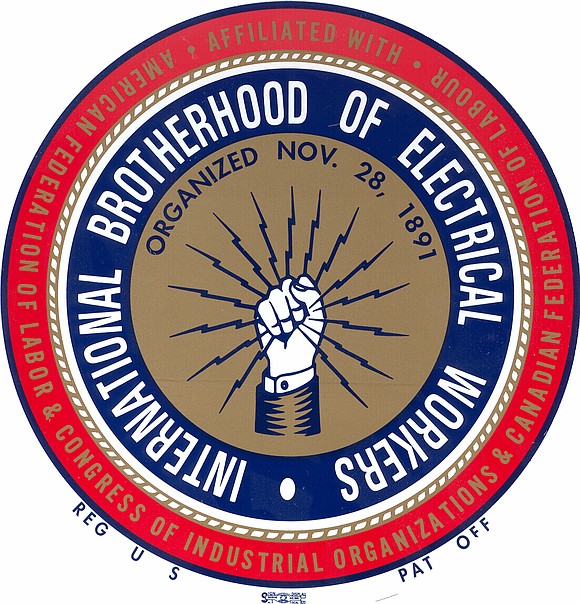Business Manager Tony Sapienza
IBEW 1837 Members Attend National Safety Council Labor Meeting
July 23, 2008 - IBEW 1837’s Bill DeMotta from PSNH and Ray Boyle from CMP represented our Local at the National Safety Council 2008 Spring Labor Division meeting in Bettendorf, Iowa. Over the course of 3½ days in mid-May, Brothers DeMotta and Boyle joined around 240 other union members—including 133 from the IBEW—to attend training sessions and union caucuses covering a wide array of important safety issues both in our workplaces and also right in our own homes.
“Being around people who have the same safety interests that we do in the electrical industry was great,” said Bill DeMotta. “We have a lot in common with those folks and its great to hear what they’re doing and get feedback about what we’re doing.”
“I get so much out of the networking at the conference and afterwards by email,” agreed Ray Boyle. “We share great information with each other.”
Highlights at the conference included safety briefings from representatives of OSHA, the Occupational Safety and Health Administration. Some of the key issues that OSHA is working on include fire retardant apparel training, minimum approach distances, grounding, and fall protection according to Brother Boyle. OSHA is also looking at designing a 10-hour safety course for lineworkers.
“Thanks to this conference, I’ve been able to build relationships and have direct conversations with OSHA officials,” said Brother Boyle. “When I send them an email with a question, they remember who I am.”
During breakout meetings for utility workers many of those in attendance were looking for information on Lock Out/Tag Out for windmill power generation. On another important subject common to many industries, concerns were expressed about the seemingly ever-shortening training times for new workers and the fact that they are put on their own too soon.
Another often-overlooked safety concern revolves around troubled workers and the prevalence of bullying in the workplace. Left unchecked, these workers may become violent and cause harm to themselves and others.
At home, there was dramatic and troubling information about the apparent ineffectiveness of some home smoke alarms in waking children from a sound sleep. Smoke alarms that generate a human voice warning—in some cases the recorded voice of the parents themselves—may be much more effective in rousing youngsters than the traditional loud, beeping alarm.
“If any of our members have any questions, please bring them to your local unit meetings and we’ll try to get you answers,” said Brother DeMotta. “You can also find out more at the National Safety Council website.”
